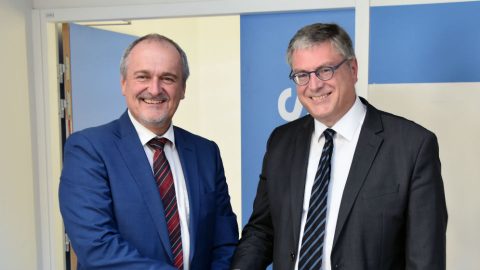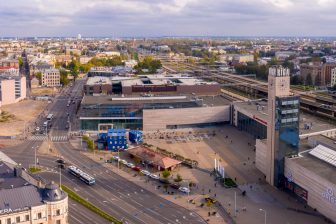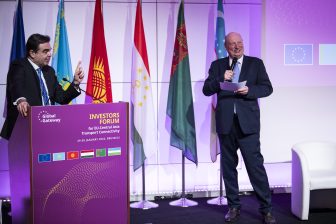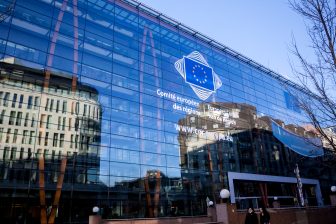
‘We want to create a high-flying rail sector’
Two European railcar rental companies – Ermewa SA and GATX – have joined forces in the “Aero-Ferro Benchmark” project. This new research alliance addresses a key question: What can rail freight transportation learn from the aviation sector – and vice versa?
The project is in partnership with the École Centrale de Lyon and Technische Universität Berlin. On Thursday 12 September, the partners put the final seal on their collaboration in Lyon.
In the past, the aviation industry has been very successful at adopting new strategies. Today, it is more efficient and profitable than ever. The four partners aim to stimulate similar approaches and fresh thinking in rail freight transportation. This will include the production of scientific studies that compare the process designs, business models and safety cultures of the rail freight and aviation sectors and evaluate the opportunity of taking over best practise of both sectors.
Out of comfort zone
“We want to create a high-flying rail sector,” said Peter Reinshagen, Managing Director, Ermewa SA, at the signing ceremony. “The aviation industry faces many of the same issues and challenges but – in the past – they have often found better solutions than we have.”
Project partner Johann Feindert, CEO of GATX Rail Europe, is confident about the cooperation’s prospects. “Systematic benchmarking is the gateway for an innovative and more efficient rail freight system,” he says. Both firmly believe that the rail sector must leave its comfort zone in order to significantly increase its share of the modal split. This includes questioning received wisdom and facing up to uncomfortable truths.
“From a science perspective, the project is uncharted territory for the railway sector,” says Prof. Mohamed Ichchou from École Centrale de Lyon. Prof. Markus Hecht from Technische Universität Berlin agrees. “We want to push ourselves to look beyond the horizons of our own scientific disciplines. Working together with businesses also allows us to conduct practical research for the sector,” he adds.
Focus areas
Over the next three years, graduate and undergraduate students in Lyon and Berlin will investigate various aspects of process design in the aviation and rail freight transportation sectors. Their research will focus on important areas such as safety, maintenance and business models.
Research concepts and interim results will be presented and discussed next year at the first symposium near the German-French border. Additional workshops to accompany the project are planned.





